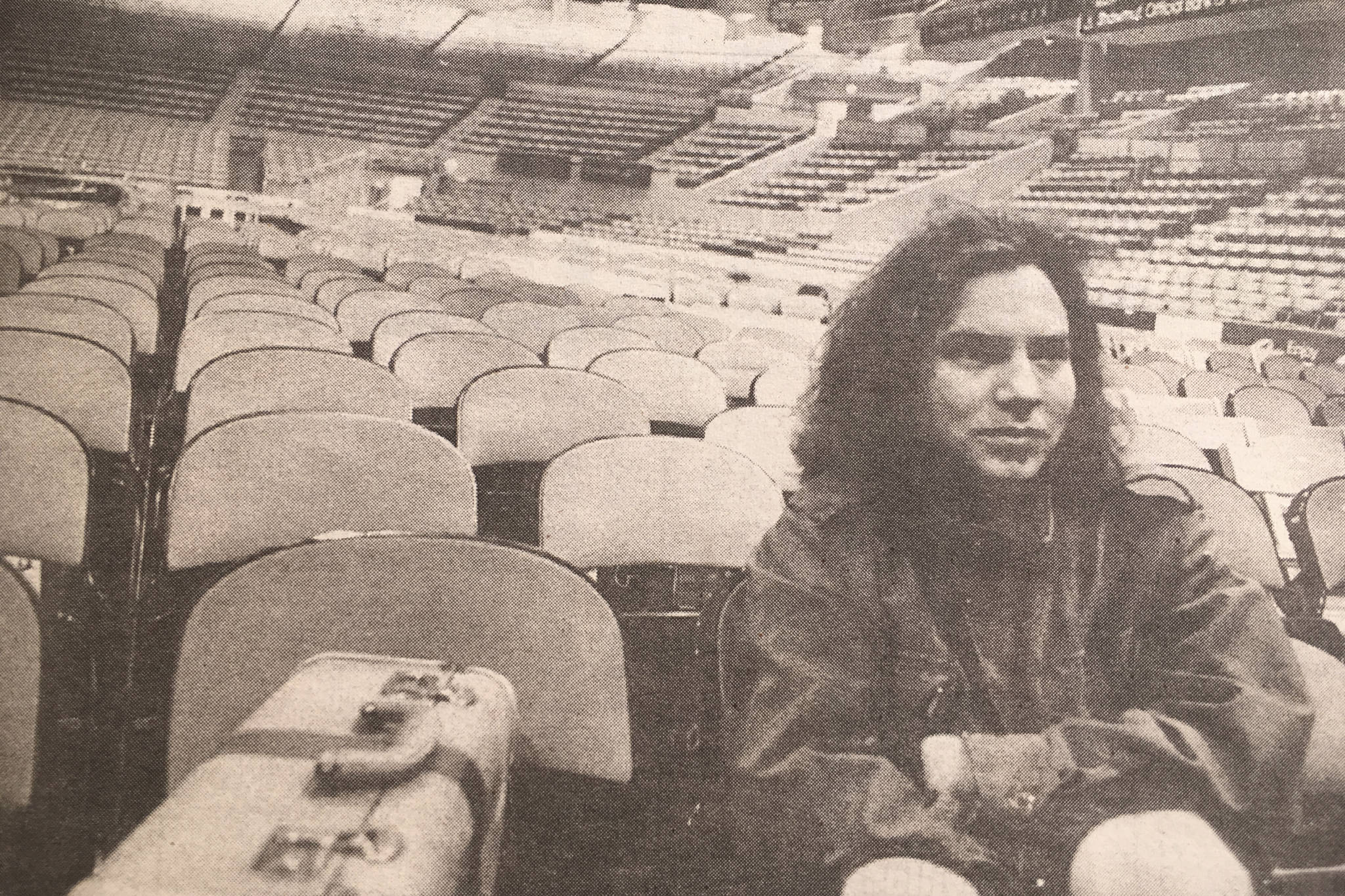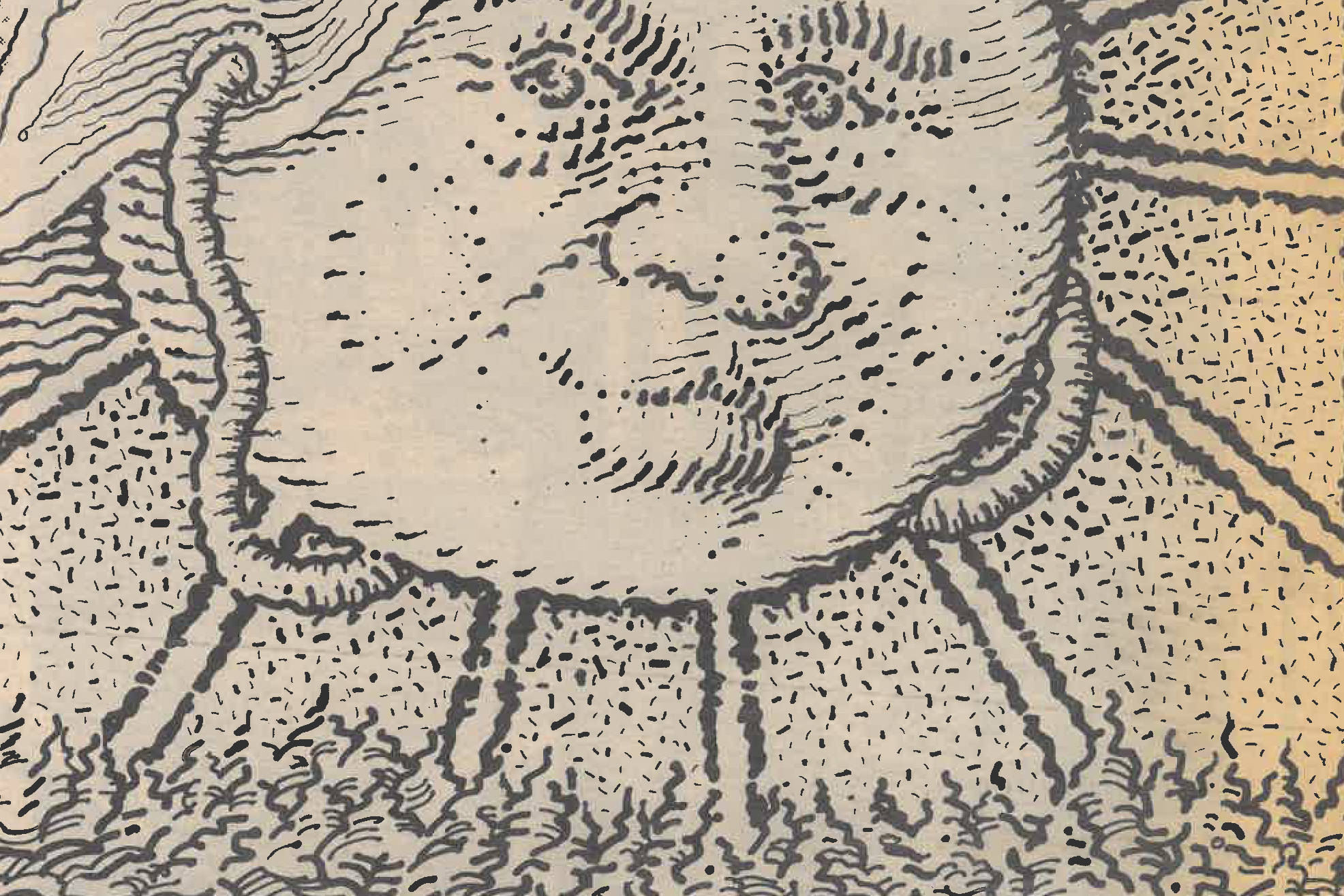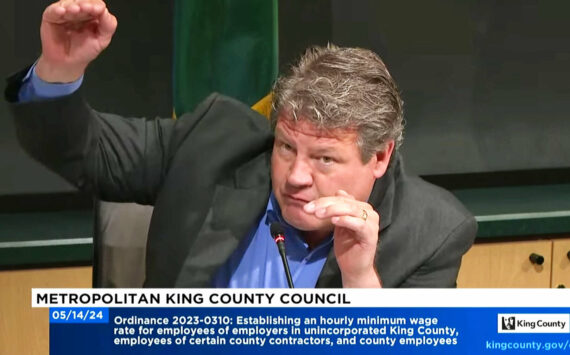Things over at the Pacific Northwest Newspaper Guild haven’t been the same since January 1997, when it negotiated a contract with the Seattle Times Co. that still rankles many Times and P-I union members. Now, with a new contract to be negotiated in 2000, guild members are turning on each other. On May 17, the bloodletting is due to come to a head.
The struggle, between union leadership drawn from the papers’ news departments and dissident workers in other departments, is not a pretty one. In their more polite moments, the disputants refer to one another as “knuckle-draggers” and “liars.” Meetings to discuss the behavior of union leadership have turned into shouting and gavel-pounding matches. Accusations of misrepresentation, deviousness, fraud, and other crimes and misdemeanors have flown back and forth with increasing speed for the past nine months.
See end of article for related links.
One thing both sides agree on: The union has suffered from gross mismanagement for years. In an April 10 letter to all guild members, interim administrative officer Paul Glavin confirmed the accusations of union rebels that mismanagement had severely weakened the guild. Among the problems Glavin uncovered: more than $100,000 in unpaid bills, checks for some of which were written months before but never mailed; accounting errors that had been flagged by an auditor but never forwarded to the board; and a membership list so out of date it was impossible to get any union news out to all members. “They’ve been sidetracked by this financial mess,” fumes Barbara Heller of the Times‘ circulation department. “Nobody paid the bills for a year! What can I say?”
It turns out that Heller has plenty to say, less about the sins of former administrators than about what she characterizes as elitism, dictatorial tendencies, and cronyism in the guild’s executive board. She describes union leadership as a “joke,” executive committee meetings as sessions “where they sit around and talk about their vacations,” and accuses executive committee president Liz Brown (a reporter for the Eastside Journal) and committee secretary Ron Judd (a Times reporter) of repeatedly screaming “the F word” at her when she tries to speak at meetings. “Our group has a real problem with the current leaders of our local,” she says. “They have not worked in a democratic way. This is really a struggle over the way unions are run, and this one is run top-down.”
Heller also accuses Brown and Judd of stifling a reform effort led by herself and Times circulation employee Bob Hoffman. “Whenever I get up to speak,” she says, “Liz wants us thrown out. She pounds her gavel, says I’m out of order, and Ron starts screaming at me.”
Brown characterizes the meetings only slightly differently. “I won’t deny that tempers have flared… and that as president I occasionally gavel at these points. The shouting has gone both ways. But as I say to my brothers and sisters in home delivery, ‘At the end of the day we still have to deal with our employers.'”
The “family dispute,” as Brown calls it, currently centers on four proposed bylaw changes brought forward by the dissidents. They want written notice sent in advance of meetings to all shop stewards; union officers elected to three-year rather than two-year terms; membership meetings at both 10am and 7pm Wednesdays instead of just at 7pm, so evening workers can attend; and a seven-day waiting period before membership votes on the agreement reached by company and union negotiators on a new contract.
These amendments seem relatively minor—designed, Heller and Hoffman insist, to improve communication and give members more voice in union governance. Even Brown supports two of them and is neutral on the other two. But in a now-notorious e-mailing to 250 Times employees, committee secretary Judd called them “a rash of bylaw amendments—most of which I and other EC [Executive Committee] members believe would be hugely detrimental to the local.” Judd also referred to the Heller-Hoffman group as “the Home Delivery Vengeance Squad” from “the Knuckledragger School” of unionism, and as “60 or so malcontents” who are using a “kangaroo quorum” to “take over the union to benefit them, 70 people, and to hell with the other 1,400 of you.”
Judd’s missive was meant to get “newsroom” members—who tend toward apathy—to attend the May 17 membership meeting on the amendments, which he believes circulation employees forced onto the agenda by unfairly packing previous meetings. But by last week’s end, his e-mailing appeared to have inspired his opponents more than his allies. Circulation, customer-service, advertising, and clerical employees took umbrage at the “knuckle-dragging” label—evidence, they say, of how writers and editors regard themselves as the papers’ elite. But Heller finds the attack encouraging: “They used to laugh in our faces and say, ‘Get your people in here if you want to make changes.’ Now they’re complaining that we did what they asked. And I haven’t talked with a single person in the newsroom who’s disagreed with me when I told them the whole story. So I agree with that letter—come on in! Let’s have an open forum for change!”
Related Links:
The Seattle Times
The Seattle P-I
The Newspaper Guild






